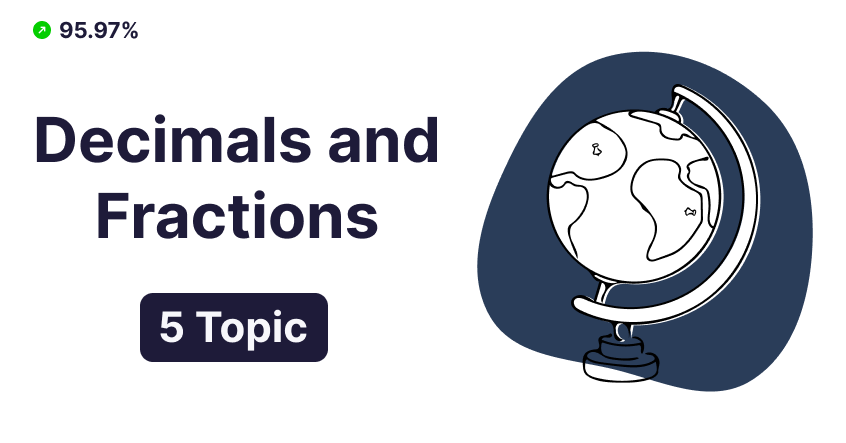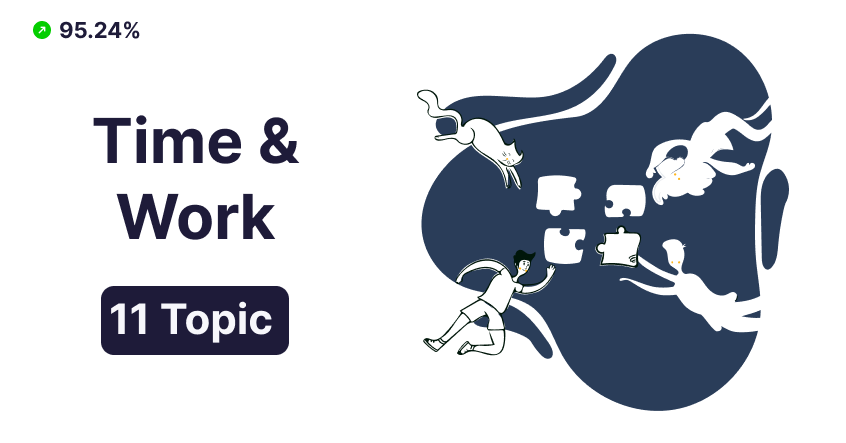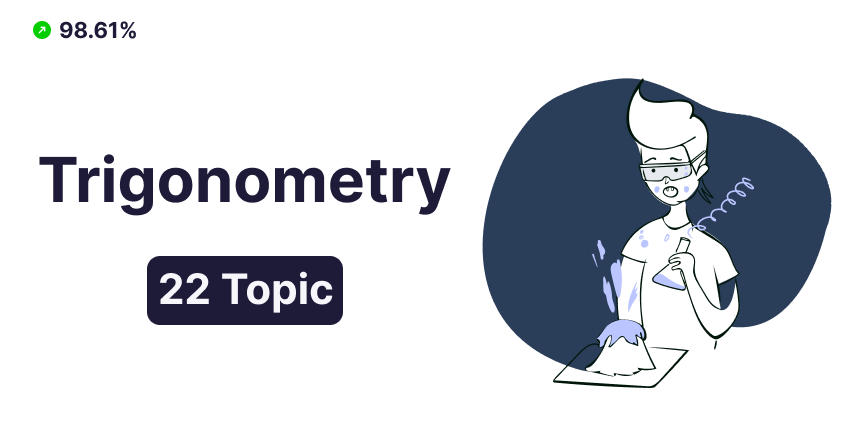GATE Exam
Computer Engineering
Computer Engineering Quizzes
Programming and Data
Operating Systems
Computer Networks
Programming and Data
Operating Systems
Computer Networks
Programming and Data
Operating Systems
Computer Networks
Databases
Theory of Computation
Compiler Design
Databases
Theory of Computation
Compiler Design
Databases
Theory of Computation
Compiler Design
Algorithms
Computer Architecture
Computer Organization
Algorithms
Computer Architecture
Computer Organization
Algorithms
Computer Architecture
Computer Organization
Digital Logic
IP Support Protocols
Concept of Layering
Digital Logic
IP Support Protocols
Concept of Layering
Digital Logic
IP Support Protocols
Concept of Layering
Computer Engineering Assignments
Computer Engineering Quizzes
Programming and Data
Operating Systems
Computer Networks
Programming and Data
Operating Systems
Computer Networks
Programming and Data
Operating Systems
Computer Networks
Databases
Theory of Computation
Compiler Design
Databases
Theory of Computation
Compiler Design
Databases
Theory of Computation
Compiler Design
Algorithms
Computer Architecture
Computer Organization
Algorithms
Computer Architecture
Computer Organization
Algorithms
Computer Architecture
Computer Organization
Digital Logic
IP Support Protocols
Concept of Layering
Digital Logic
IP Support Protocols
Concept of Layering
Digital Logic
IP Support Protocols
Concept of Layering
Computer Engineering Assignments
Real Practice Exam
* After you have completed 70% of your GATE syllabus study. *
GATE Exam Resources
* Find all the resources you need to prepare for the GATE exam. *
General Aptitude for Computer Engineers
“Essential Tips, Practice Questions, and Detailed Explanations for GATE General Aptitude”
Previous year question papers With Answer
Engineering Mathematics
* Engineering Math. typically contributes around 13-15% of the total marks *
Calculus
The following topic is covered in the Calculus Quizzes.
50 Quiz (1500 MCQ’s)
Linear Algebra
The following topic is covered in the Linear Algebra Quizzes.
Eigenvalues & Eigenvectors
Systems of Linear Equations
50 Quiz (1500 MCQ’s)
Differential Equation
The following topic is covered in the Differential Equation Quizzes.
First-Order Differential E.
Method – Variation of Para…
Second-Order Differential Equ.
50 Quiz (1500 MCQ’s)
Probability & Statistic
The following topic is covered in the Probability & Statistic Quizzes.
Probability Distributions
50 Quiz (1500 MCQ’s)
Complex Variables
The following topic is covered in the Complex Variables Quizzes.
Taylor and Laurent Series
Cauchy’s Integral Theorem
50 Quiz (1500 MCQ’s)
Vector Calculus
The following topic is covered in the Vector Calculus Quizzes.
Gauss’s Divergence Theorem
Gradient, Divergence, and Curl
50 Quiz (1500 MCQ’s)
Transform Technique
The following topic is covered in the Transform Technique Quizzes.
Discrete Fourier Transform
50 Quiz (1500 MCQ’s)
Numerical Methods
The following topic is covered in the Numerical Methods Quizzes.
Numerical Differentiation
Finite Difference Methods
Euler, Runge-Kutta Methods
Interpolation & Extrapolation
50 Quiz (1500 MCQ’s)
Partial Differential
The following topic is covered in the Partial Differential Quizzes.
Elliptic, Parabolic, Hyperbolic
Boundary and Initial Conditions
50 Quiz (1500 MCQ’s)















































